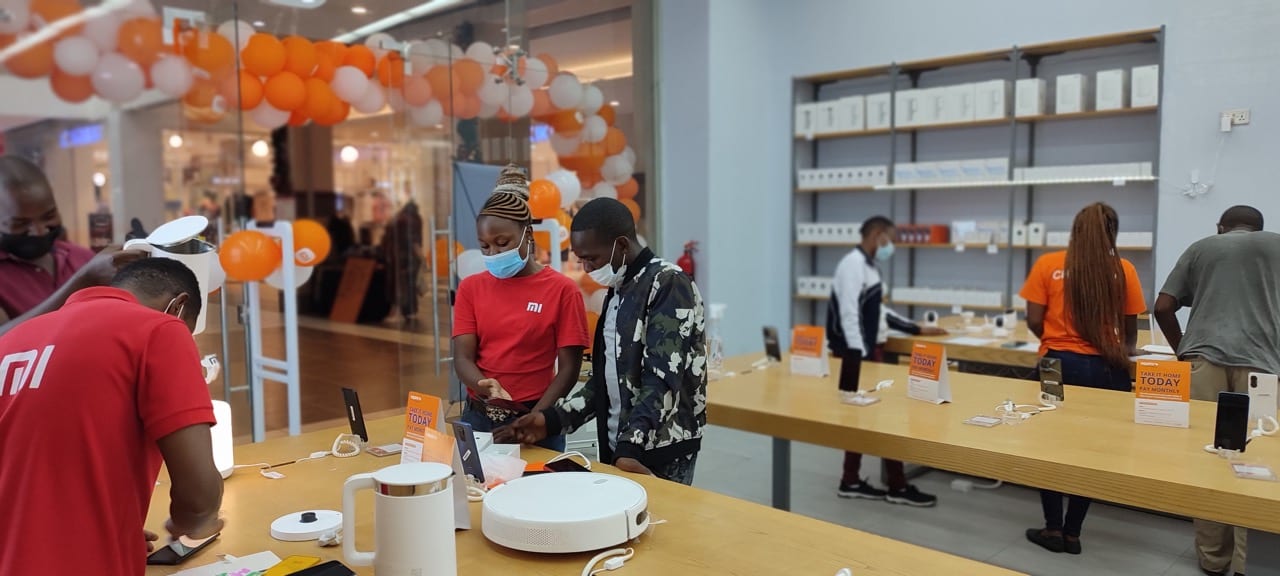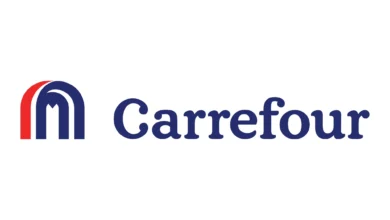
Goodwell Investments and Alitheia Capital have announced an investment in Nigeria’s Hinckley E-Waste Recycling Ltd. This impact-focused funding, made through Goodwell’s uMunthu II fund, will enable the award-winning recycler to develop the country’s first dedicated lithium-ion and lead-acid battery recycling facilities. The goal is to create a healthier environment, safer jobs, and improved livelihoods across Hinckley’s areas of operation.
The investment will finance the construction of two new recycling plants in Ogun State, Nigeria, which will be capable of processing up to 30,000 tonnes of e-waste annually while also boosting Hinckley’s export capacity. Notably, it also marks Goodwell’s entry into the waste management sector, signaling growing investor confidence in Africa’s green infrastructure potential.
Addressing the E-Waste Crisis
Globally, electronic waste (e-waste) is a fast-growing challenge – the majority of discarded electronics are not handled responsibly, and only about 22% of collected e-waste is recycled worldwide. In sub-Saharan Africa, recycling rates are lower, estimated at only 1%–15%. Nigeria alone generates over 500,000 tonnes of e-waste annually, making it the largest producer in West Africa and the third largest in Africa. This volume is projected to exceed 1 million tonnes in the region by 2030.
The lack of proper e-waste management leads to pollution of land, air, and water, as well as significant greenhouse gas emissions. Hundreds of thousands of informal workers currently handle e-waste under hazardous conditions, risking their health. Meanwhile, manufacturers face shortages of recycled materials needed for new electronics and batteries. The need for efficient, sustainable e-waste management solutions is increasingly urgent, and the private sector has a critical role to play in developing these solutions.
A Model for Sustainable E-Waste Management
Hinckley E-Waste Recycling offers a promising local solution to this global problem. By partnering with a network of local e-waste collectors, Hinckley ensures a steady supply of discarded electronics for recycling while providing income opportunities for underserved communities. This inclusive approach – combining environmental clean-up with social impact – has earned the company national recognition. In 2024, Hinckley was named Nigeria’s “Best E-Waste Recycling Company” by the Lagos State Environmental Protection Agency (LASEPA) and the Waste Management Society of Nigeria (WAMASON).
The company also collaborates with international programs. Hinckley supplies recycled raw materials to major manufacturers such as Samsung, HP, Lumos, and PZ Cussons. It participates in sustainability initiatives like Ze-Gen (Zero Emission Generator) and PURE (Productive Use of Renewable Energy) – programs supported by UK Aid, the IKEA Foundation, and Carbon Trust – to repurpose second-life batteries in place of diesel generators. These efforts underscore Hinckley’s commitment to innovation in clean energy and the circular economy.
Building Recycling Infrastructure for Impact
According to Hinckley CEO Adrian Clews, the goal is not just to recycle more electronics, but to formalize and professionalize e-waste collection in Nigeria. He notes that over 100,000 Nigerians work as informal e-waste collectors, often in unsafe conditions. By establishing modern recycling facilities that meet international standards, Hinckley aims to transform the informal e-waste sector into a safe, regulated industry while also improving livelihoods and safeguarding the environment. “Improving e-waste recycling infrastructure has the potential to decrease negative health and environmental outcomes while increasing incomes for over 100,000 people currently working as informal waste collectors,” Clews said, highlighting the transformative impact this investment will have.
Impact Investment for a Greener Future
For the investors, Hinckley represents a compelling case in which financial returns are aligned with social and environmental benefits. “The rise in electric vehicles and clean energy is creating enormous demand for battery materials,” noted Doubra Eghaghe of Alitheia Capital, emphasizing that recycling these materials is crucial to meeting that demand sustainably. The uMunthu II fund targets such “profit with purpose” opportunities, and Hinckley’s ability to deliver meaningful social and environmental impact reflects the fund’s core mission. With this strategic support, Hinckley is poised to become a leader in Africa’s circular economy – demonstrating that innovation, inclusion, and environmental stewardship can go hand in hand.





